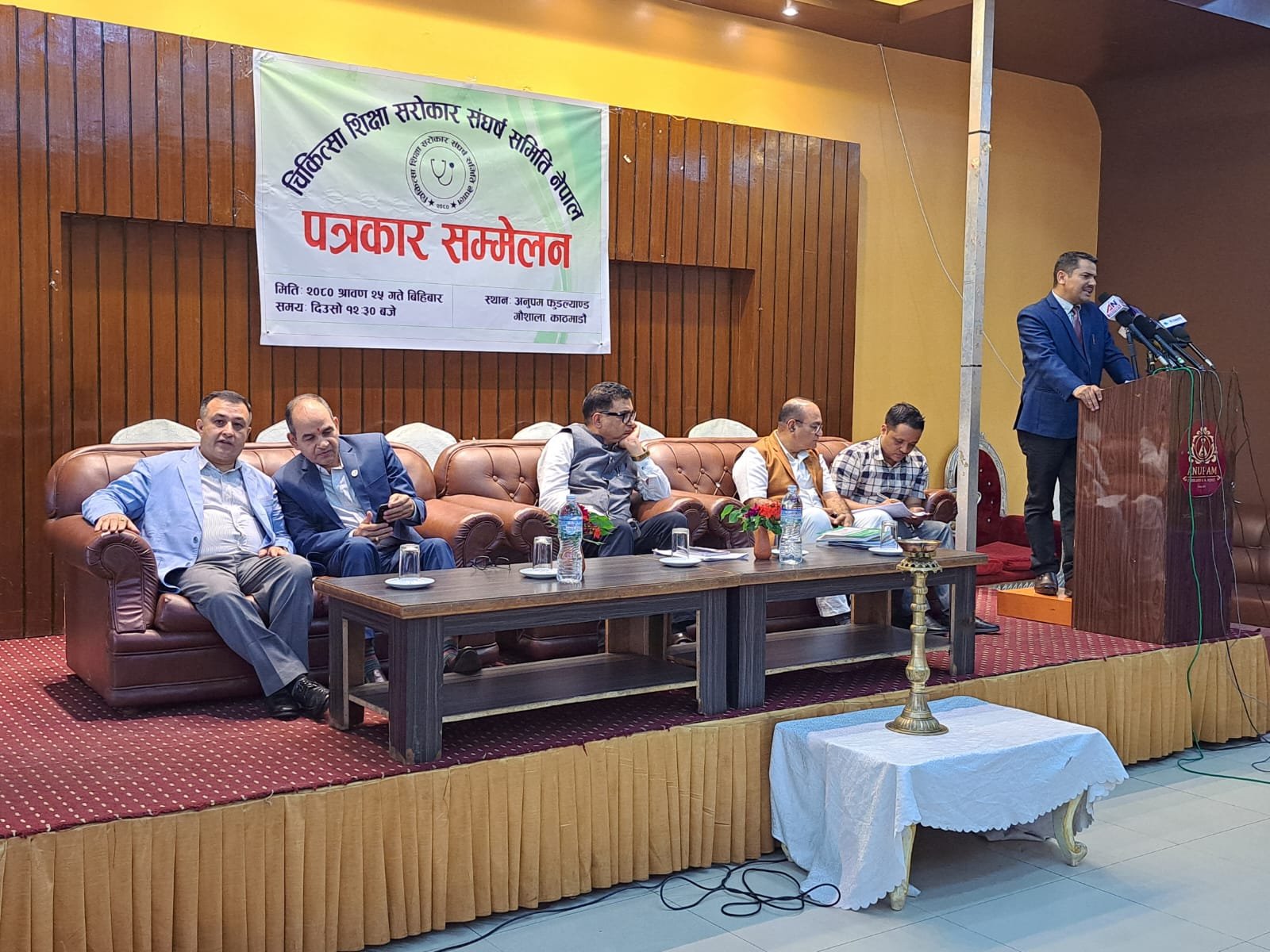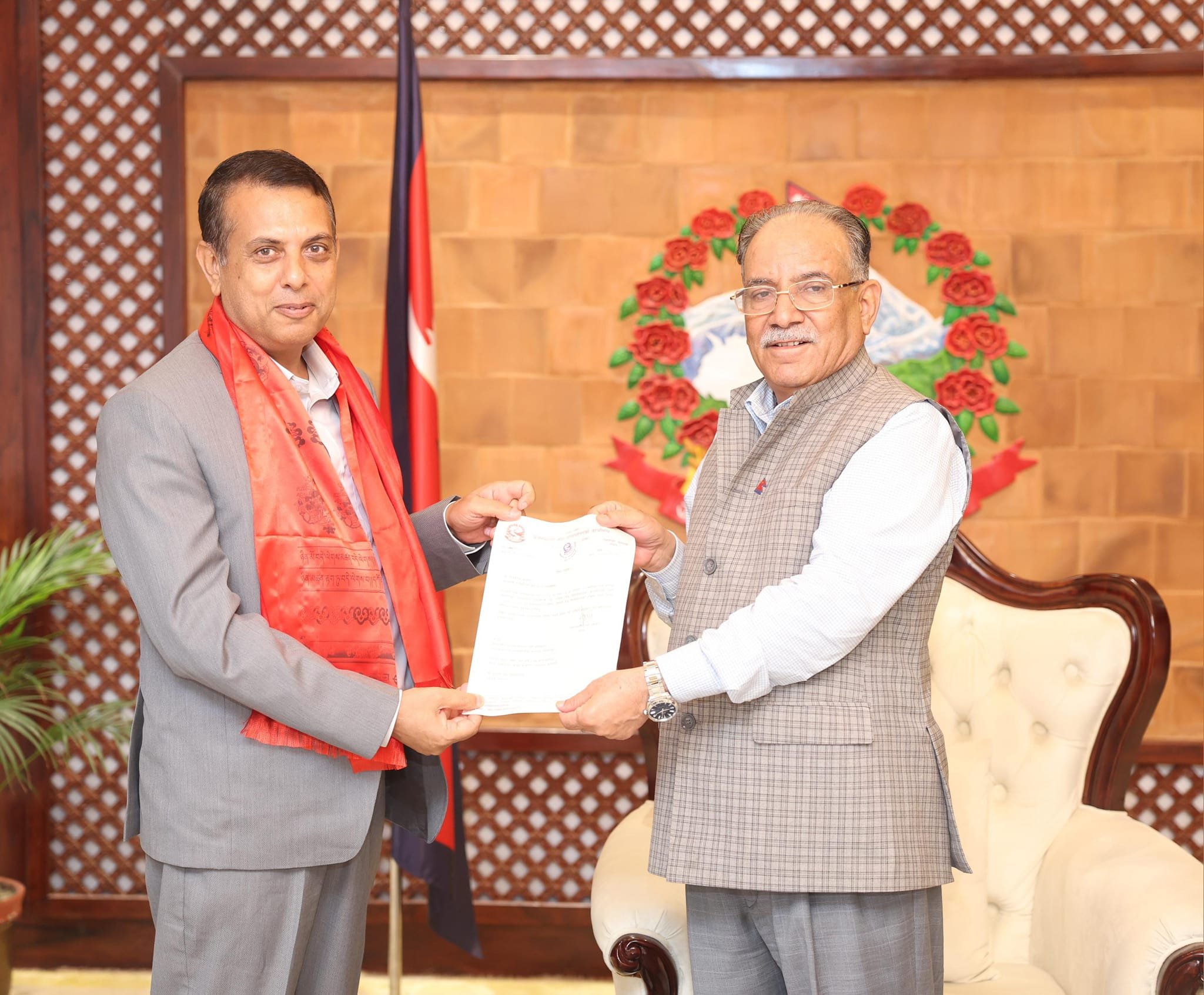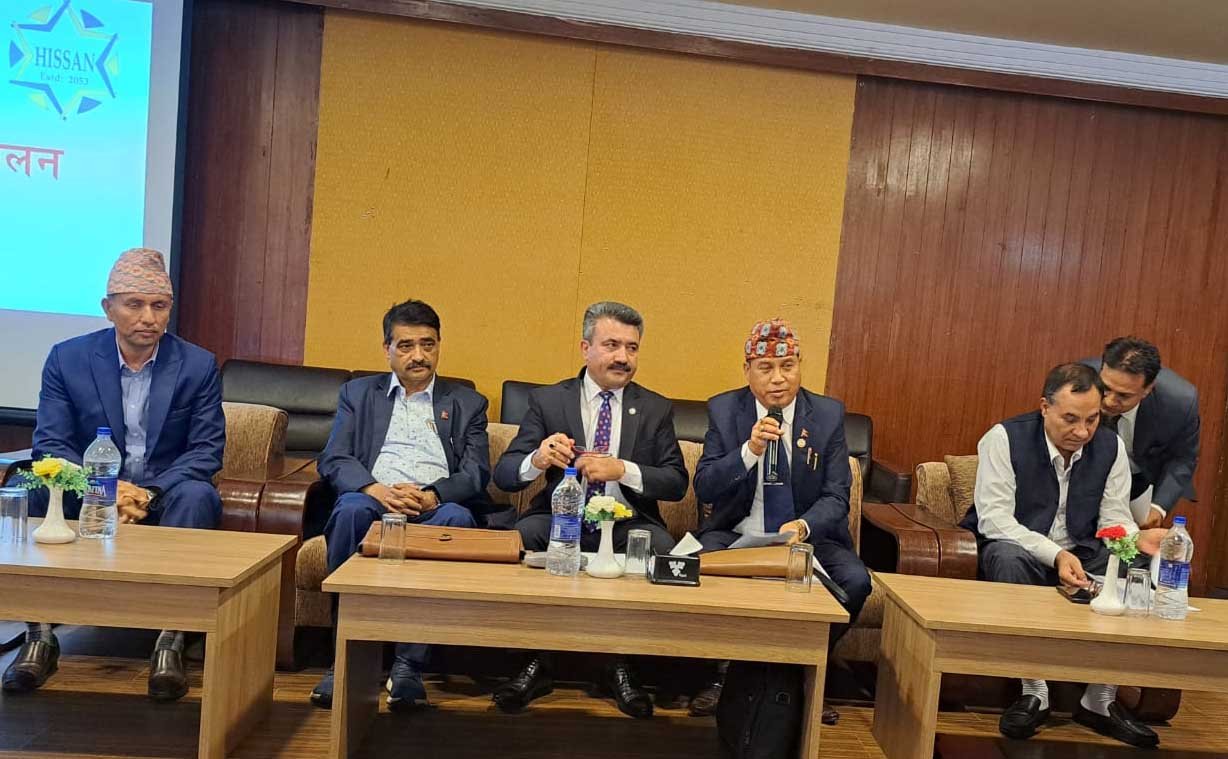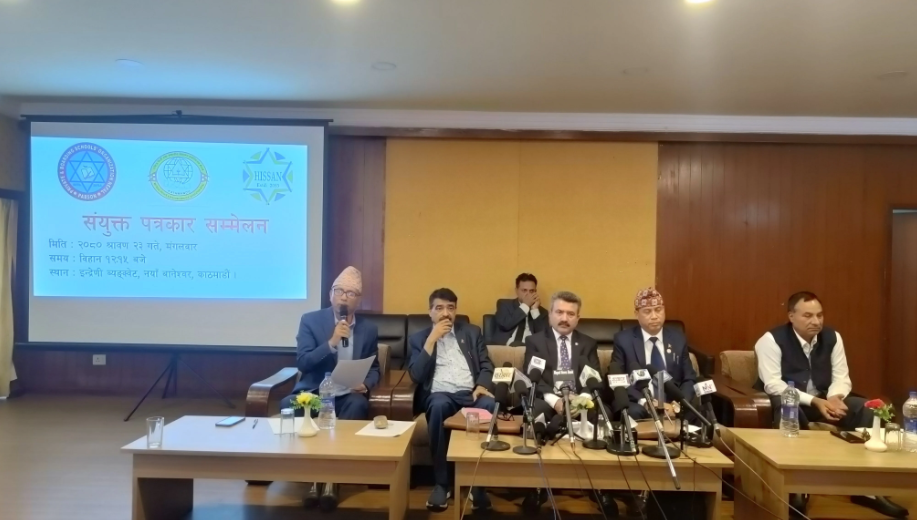
- Home
-
College
Popular Colleges Popular Courses Exams Colleges by Location College Reviews CAT Percentile Predictor College Predictors Resources
- Top Engineering Colleges in India
- Top Private Engineering Colleges in India
- Top IITs in India
- Top Engineering Colleges in Bangalore
- Top Engineering Colleges in Karnataka
- Top Engineering Colleges in Hyderabad
- Top Engineering Colleges in Pune
- Top Engineering Colleges in Mumbai
- Top Engineering Colleges in Maharashtra
- Top Engineering Colleges in Chennai
- Top Engineering Colleges in India
- Top Private Engineering Colleges in India
- Top Engineering Colleges in Bangalore
- Top Engineering Colleges in Karnataka
- Top Engineering Colleges in Hyderabad
- Top Engineering Colleges in Pune
- Top Engineering Colleges in Mumbai
- Top Engineering Colleges in Maharashtra
- Top Engineering Colleges in Chennai
- Top Engineering Colleges in India
- Top Private Engineering Colleges in India
- Top IITs in India
- Top Engineering Colleges in Bangalore
- Top Engineering Colleges in Karnataka
- Top Engineering Colleges in Hyderabad
- Top Engineering Colleges in Pune
- Top Engineering Colleges in Mumbai
- Top Engineering Colleges in Maharashtra
- Top Engineering Colleges in Chennai
- Top Engineering Colleges in India
- Top Private Engineering Colleges in India
- Top Engineering Colleges in Bangalore
- Top Engineering Colleges in Karnataka
- Top Engineering Colleges in Hyderabad
- Top Engineering Colleges in Pune
- Top Engineering Colleges in Mumbai
- Top Engineering Colleges in Maharashtra
- Top Engineering Colleges in Chennai
- Top Engineering Colleges in India
- Top Private Engineering Colleges in India
- Top IITs in India
- Top Engineering Colleges in Bangalore
- Top Engineering Colleges in Karnataka
- Top Engineering Colleges in Hyderabad
- Top Engineering Colleges in Pune
- Top Engineering Colleges in Mumbai
- Top Engineering Colleges in Maharashtra
- Top Engineering Colleges in Chennai
- Top Engineering Colleges in India
- Top Private Engineering Colleges in India
- Top IITs in India
- Top Engineering Colleges in Bangalore
- Top Engineering Colleges in Karnataka
- Top Engineering Colleges in Hyderabad
- Top Engineering Colleges in Pune
- Top Engineering Colleges in Mumbai
- Top Engineering Colleges in Maharashtra
- Top Engineering Colleges in Chennai
-
University
Popular Colleges Popular Courses Exams Colleges by Location College Reviews CAT Percentile Predictor College Predictors Resources
- Top Engineering Colleges in India
- Top Private Engineering Colleges in India
- Top IITs in India
- Top Engineering Colleges in Bangalore
- Top Engineering Colleges in Karnataka
- Top Engineering Colleges in Hyderabad
- Top Engineering Colleges in Pune
- Top Engineering Colleges in Mumbai
- Top Engineering Colleges in Maharashtra
- Top Engineering Colleges in Chennai
- Top Engineering Colleges in India
- Top Private Engineering Colleges in India
- Top Engineering Colleges in Bangalore
- Top Engineering Colleges in Karnataka
- Top Engineering Colleges in Hyderabad
- Top Engineering Colleges in Pune
- Top Engineering Colleges in Mumbai
- Top Engineering Colleges in Maharashtra
- Top Engineering Colleges in Chennai
- Top Engineering Colleges in India
- Top Private Engineering Colleges in India
- Top IITs in India
- Top Engineering Colleges in Bangalore
- Top Engineering Colleges in Karnataka
- Top Engineering Colleges in Hyderabad
- Top Engineering Colleges in Pune
- Top Engineering Colleges in Mumbai
- Top Engineering Colleges in Maharashtra
- Top Engineering Colleges in Chennai
- Top Engineering Colleges in India
- Top Private Engineering Colleges in India
- Top Engineering Colleges in Bangalore
- Top Engineering Colleges in Karnataka
- Top Engineering Colleges in Hyderabad
- Top Engineering Colleges in Pune
- Top Engineering Colleges in Mumbai
- Top Engineering Colleges in Maharashtra
- Top Engineering Colleges in Chennai
- Top Engineering Colleges in India
- Top Private Engineering Colleges in India
- Top IITs in India
- Top Engineering Colleges in Bangalore
- Top Engineering Colleges in Karnataka
- Top Engineering Colleges in Hyderabad
- Top Engineering Colleges in Pune
- Top Engineering Colleges in Mumbai
- Top Engineering Colleges in Maharashtra
- Top Engineering Colleges in Chennai
- Top Engineering Colleges in India
- Top Private Engineering Colleges in India
- Top IITs in India
- Top Engineering Colleges in Bangalore
- Top Engineering Colleges in Karnataka
- Top Engineering Colleges in Hyderabad
- Top Engineering Colleges in Pune
- Top Engineering Colleges in Mumbai
- Top Engineering Colleges in Maharashtra
- Top Engineering Colleges in Chennai
-
Consultancy
Popular Colleges Popular Courses Exams Colleges by Location College Reviews CAT Percentile Predictor College Predictors Resources
- Top Engineering Colleges in India
- Top Private Engineering Colleges in India
- Top IITs in India
- Top Engineering Colleges in Bangalore
- Top Engineering Colleges in Karnataka
- Top Engineering Colleges in Hyderabad
- Top Engineering Colleges in Pune
- Top Engineering Colleges in Mumbai
- Top Engineering Colleges in Maharashtra
- Top Engineering Colleges in Chennai
- Top Engineering Colleges in India
- Top Private Engineering Colleges in India
- Top Engineering Colleges in Bangalore
- Top Engineering Colleges in Karnataka
- Top Engineering Colleges in Hyderabad
- Top Engineering Colleges in Pune
- Top Engineering Colleges in Mumbai
- Top Engineering Colleges in Maharashtra
- Top Engineering Colleges in Chennai
- Top Engineering Colleges in India
- Top Private Engineering Colleges in India
- Top IITs in India
- Top Engineering Colleges in Bangalore
- Top Engineering Colleges in Karnataka
- Top Engineering Colleges in Hyderabad
- Top Engineering Colleges in Pune
- Top Engineering Colleges in Mumbai
- Top Engineering Colleges in Maharashtra
- Top Engineering Colleges in Chennai
- Top Engineering Colleges in India
- Top Private Engineering Colleges in India
- Top Engineering Colleges in Bangalore
- Top Engineering Colleges in Karnataka
- Top Engineering Colleges in Hyderabad
- Top Engineering Colleges in Pune
- Top Engineering Colleges in Mumbai
- Top Engineering Colleges in Maharashtra
- Top Engineering Colleges in Chennai
- Top Engineering Colleges in India
- Top Private Engineering Colleges in India
- Top IITs in India
- Top Engineering Colleges in Bangalore
- Top Engineering Colleges in Karnataka
- Top Engineering Colleges in Hyderabad
- Top Engineering Colleges in Pune
- Top Engineering Colleges in Mumbai
- Top Engineering Colleges in Maharashtra
- Top Engineering Colleges in Chennai
- Top Engineering Colleges in India
- Top Private Engineering Colleges in India
- Top IITs in India
- Top Engineering Colleges in Bangalore
- Top Engineering Colleges in Karnataka
- Top Engineering Colleges in Hyderabad
- Top Engineering Colleges in Pune
- Top Engineering Colleges in Mumbai
- Top Engineering Colleges in Maharashtra
- Top Engineering Colleges in Chennai
-
School
Popular Colleges Popular Courses Exams Colleges by Location College Reviews CAT Percentile Predictor College Predictors Resources
- Top Engineering Colleges in India
- Top Private Engineering Colleges in India
- Top IITs in India
- Top Engineering Colleges in Bangalore
- Top Engineering Colleges in Karnataka
- Top Engineering Colleges in Hyderabad
- Top Engineering Colleges in Pune
- Top Engineering Colleges in Mumbai
- Top Engineering Colleges in Maharashtra
- Top Engineering Colleges in Chennai
- Top Engineering Colleges in India
- Top Private Engineering Colleges in India
- Top Engineering Colleges in Bangalore
- Top Engineering Colleges in Karnataka
- Top Engineering Colleges in Hyderabad
- Top Engineering Colleges in Pune
- Top Engineering Colleges in Mumbai
- Top Engineering Colleges in Maharashtra
- Top Engineering Colleges in Chennai
- Top Engineering Colleges in India
- Top Private Engineering Colleges in India
- Top IITs in India
- Top Engineering Colleges in Bangalore
- Top Engineering Colleges in Karnataka
- Top Engineering Colleges in Hyderabad
- Top Engineering Colleges in Pune
- Top Engineering Colleges in Mumbai
- Top Engineering Colleges in Maharashtra
- Top Engineering Colleges in Chennai
- Top Engineering Colleges in India
- Top Private Engineering Colleges in India
- Top Engineering Colleges in Bangalore
- Top Engineering Colleges in Karnataka
- Top Engineering Colleges in Hyderabad
- Top Engineering Colleges in Pune
- Top Engineering Colleges in Mumbai
- Top Engineering Colleges in Maharashtra
- Top Engineering Colleges in Chennai
- Top Engineering Colleges in India
- Top Private Engineering Colleges in India
- Top IITs in India
- Top Engineering Colleges in Bangalore
- Top Engineering Colleges in Karnataka
- Top Engineering Colleges in Hyderabad
- Top Engineering Colleges in Pune
- Top Engineering Colleges in Mumbai
- Top Engineering Colleges in Maharashtra
- Top Engineering Colleges in Chennai
- Top Engineering Colleges in India
- Top Private Engineering Colleges in India
- Top IITs in India
- Top Engineering Colleges in Bangalore
- Top Engineering Colleges in Karnataka
- Top Engineering Colleges in Hyderabad
- Top Engineering Colleges in Pune
- Top Engineering Colleges in Mumbai
- Top Engineering Colleges in Maharashtra
- Top Engineering Colleges in Chennai
-
Institute
Popular Colleges Popular Courses Exams Colleges by Location College Reviews CAT Percentile Predictor College Predictors Resources
- Top Engineering Colleges in India
- Top Private Engineering Colleges in India
- Top IITs in India
- Top Engineering Colleges in Bangalore
- Top Engineering Colleges in Karnataka
- Top Engineering Colleges in Hyderabad
- Top Engineering Colleges in Pune
- Top Engineering Colleges in Mumbai
- Top Engineering Colleges in Maharashtra
- Top Engineering Colleges in Chennai
- Top Engineering Colleges in India
- Top Private Engineering Colleges in India
- Top Engineering Colleges in Bangalore
- Top Engineering Colleges in Karnataka
- Top Engineering Colleges in Hyderabad
- Top Engineering Colleges in Pune
- Top Engineering Colleges in Mumbai
- Top Engineering Colleges in Maharashtra
- Top Engineering Colleges in Chennai
- Top Engineering Colleges in India
- Top Private Engineering Colleges in India
- Top IITs in India
- Top Engineering Colleges in Bangalore
- Top Engineering Colleges in Karnataka
- Top Engineering Colleges in Hyderabad
- Top Engineering Colleges in Pune
- Top Engineering Colleges in Mumbai
- Top Engineering Colleges in Maharashtra
- Top Engineering Colleges in Chennai
- Top Engineering Colleges in India
- Top Private Engineering Colleges in India
- Top Engineering Colleges in Bangalore
- Top Engineering Colleges in Karnataka
- Top Engineering Colleges in Hyderabad
- Top Engineering Colleges in Pune
- Top Engineering Colleges in Mumbai
- Top Engineering Colleges in Maharashtra
- Top Engineering Colleges in Chennai
- Top Engineering Colleges in India
- Top Private Engineering Colleges in India
- Top IITs in India
- Top Engineering Colleges in Bangalore
- Top Engineering Colleges in Karnataka
- Top Engineering Colleges in Hyderabad
- Top Engineering Colleges in Pune
- Top Engineering Colleges in Mumbai
- Top Engineering Colleges in Maharashtra
- Top Engineering Colleges in Chennai
- Top Engineering Colleges in India
- Top Private Engineering Colleges in India
- Top IITs in India
- Top Engineering Colleges in Bangalore
- Top Engineering Colleges in Karnataka
- Top Engineering Colleges in Hyderabad
- Top Engineering Colleges in Pune
- Top Engineering Colleges in Mumbai
- Top Engineering Colleges in Maharashtra
- Top Engineering Colleges in Chennai
- News
- Interview
Government's Controversial Actions Push Medical Educators to Financial Crisis, Spark Agitation

In a press release issued today, the Medical Education Concern Struggle Committee has announced its readiness for a sit-in protest against the perceived biased actions of the government. The recent decisions made by the government have left medical educators in dire financial straits, pushing them to the brink and prompting a strong response from the Medical Education Concern Struggle Committee. The committee is currently engaged in an agitation, voicing its dissatisfaction with the government's approach to medical education.
The responsibility for providing medical education lies with the Medical Education Commission (MEC) and the Council for Technical Education and Vocational Training (CTEVT). However, there is a growing sense of unease surrounding the compromised quality of medical education in the country.
Despite the nation's potential to offer high-quality education, a concerning trend has emerged: numerous students are now forced to seek medical education overseas. Among these students are promising and creative individuals, including doctors, nurses, and other healthcare professionals. Alarmingly, a staggering total of 1,10,217 students have applied for No Objection Certificates (NOC) to study abroad between the first day of Bhadra in 2009 and the 21st day of Mangsir in 2000. This trend is further exacerbated by the mass emigration of health workers, largely due to arrangements related to population management and healthcare in more developed countries. Consequently, there is a looming concern of a shortage of healthcare personnel within the domestic landscape, which could have a significant impact on hospitals, health centers, educational institutions, and various health-related industries.
Since the enactment of the National Medical Education Act 2075, the CTEVT has taken charge of supervising various health programs, leading to the closure of 228 educational institutions. This includes the discontinuation of 10 pre-diploma level health subjects and 8 VSC Nursing programs. Moreover, enrollment figures for undergraduate health science programs have been drastically reduced, depriving numerous deserving students of the opportunity to pursue scholarships. The consequences of these changes are evident, with a marked increase in job losses and the looming threat of private sector investments totaling over 15 billion rupees.
The introduction of the National Medical Education Act in 2074 mandated that educational institutions conducting undergraduate nursing programs establish their own 100-bed hospitals within a span of two years. However, this requirement has raised concerns regarding centralization and the overall quality of education. The financial feasibility of constructing such hospitals has proven to be a challenge for many institutions, casting doubts on the practicality of the mandate. Additionally, the process of complying with the complex regulations and demands set by the government is time-consuming, resulting in delays in establishing and operating these healthcare facilities. Furthermore, discrepancies between the regulations established by the Medical Education Commission and the actual legal framework have added to the complexity.
This situation underscores the multifaceted challenges and intricacies faced by the medical education sector in the country. From the mass exodus of students to the urgent need for infrastructure development and meticulous adherence to regulations, the gravity of the situation is apparent. The ongoing agitation spearheaded by the Medical Education Concern Struggle Committee serves as a call to action, shedding light on the pressing issues that require immediate attention and resolution from the government and relevant authorities.
Related News & Views
Login
Student
Virtual EduFair
Connect With Us




